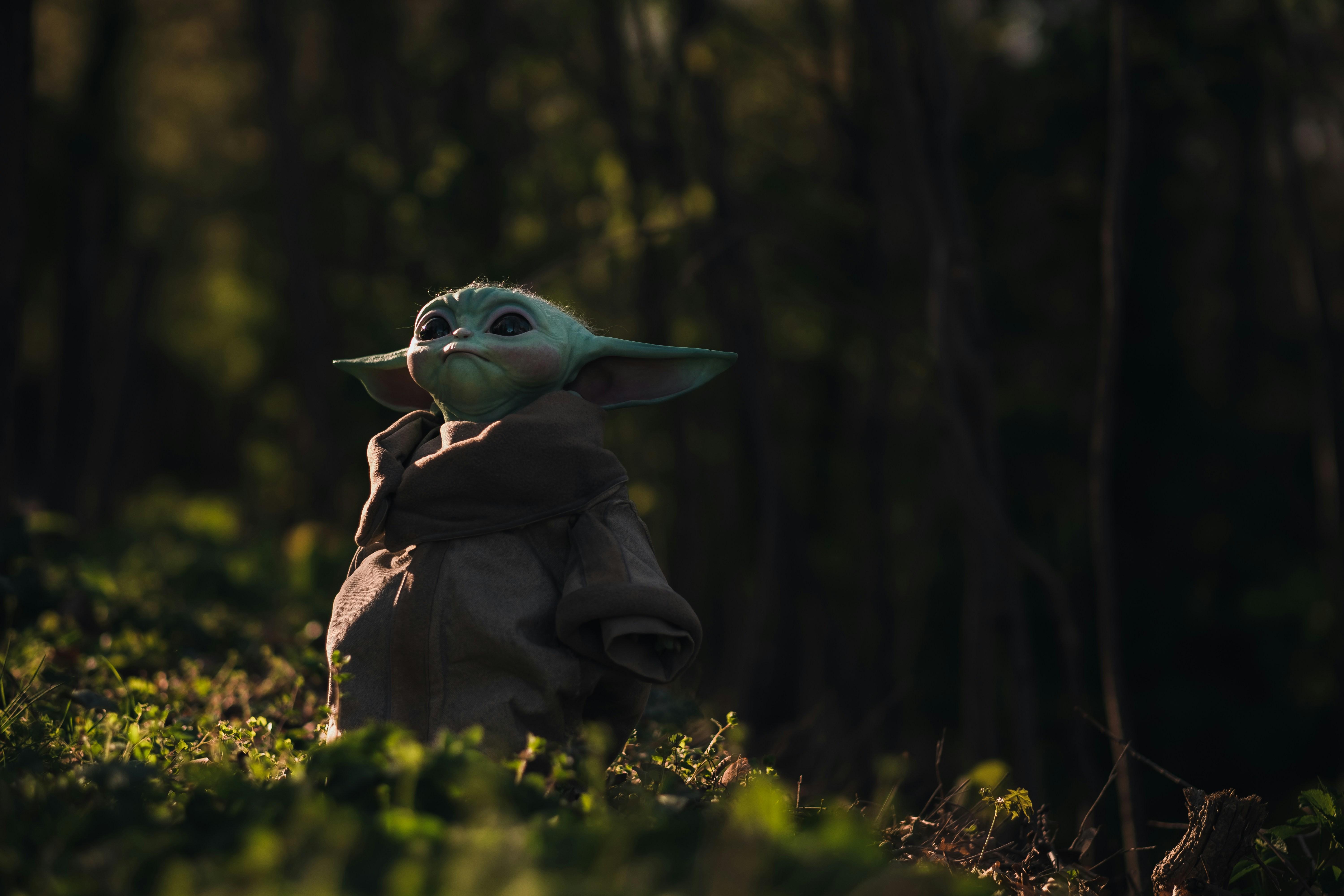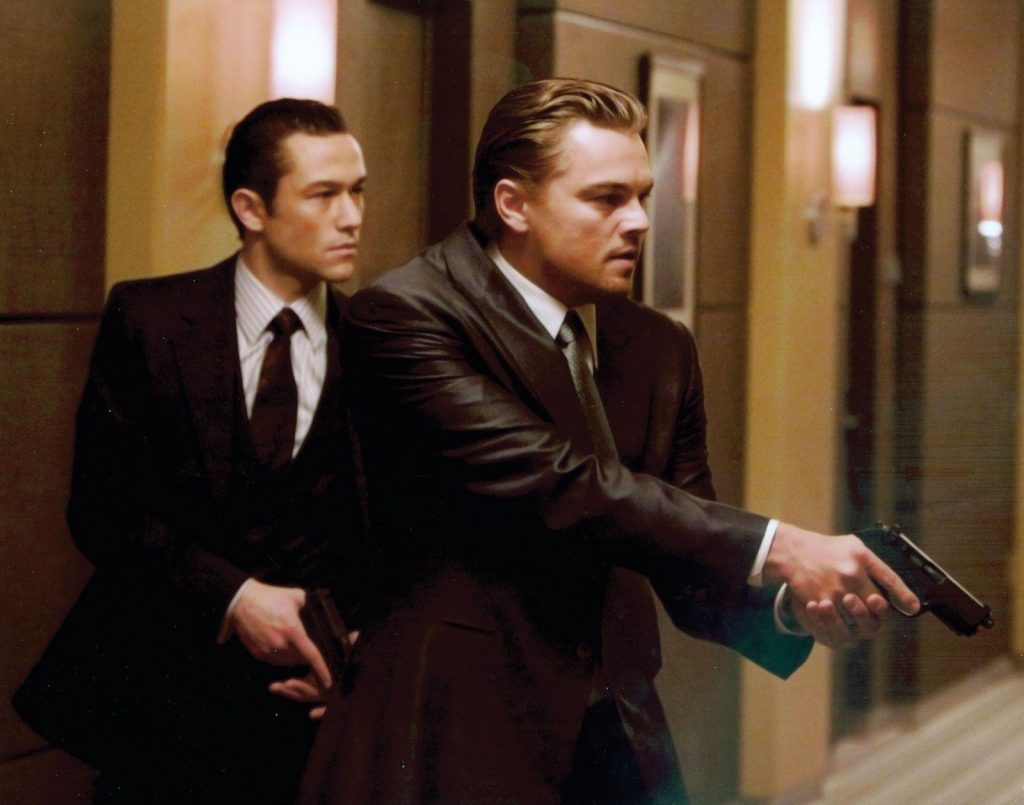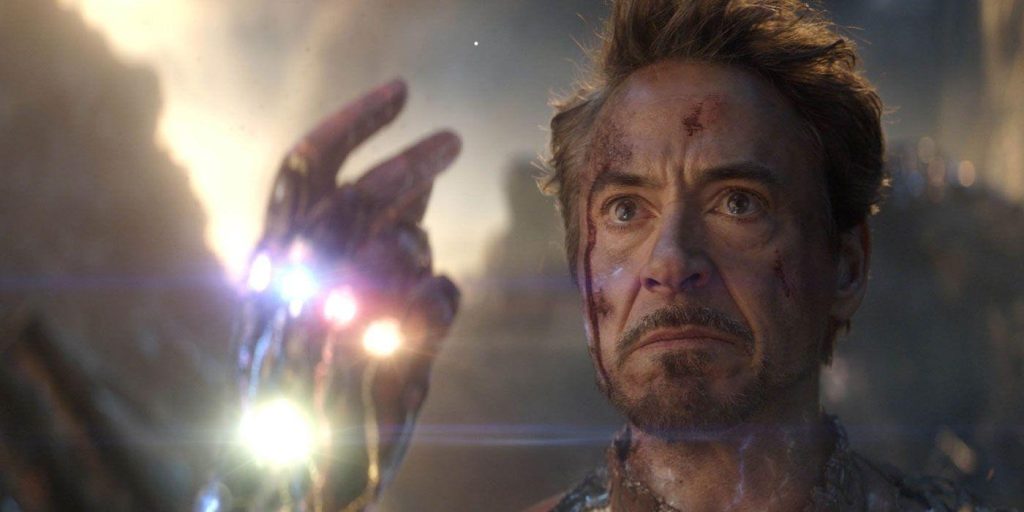In a galaxy not so far away, nestled within the hearts of millions, the Star Wars saga has long reigned supreme as a beacon of science fiction brilliance. Its iconic characters, epic battles, and rich lore have captivated audiences for decades, carving out an indelible niche in popular culture. Yet, as the twin suns of Tatooine set and a new era of sci-fi dawns, a provocative question emerges from the shadows of the Death Star: Is Star Wars overrated in today’s sprawling science fiction landscape? With the rise of innovative storytelling, groundbreaking visual effects, and fresh narratives challenging the status quo, the time has come to reevaluate the legacy of this storied franchise. Join us as we embark on an interstellar journey to explore whether Star Wars still holds the Force, or if it has become a relic of a bygone era, overshadowed by the meteoric rise of new sci-fi giants.
The Nostalgia Effect How Star Wars Continues to Shape Sci-Fi Fandom
The allure of Star Wars lies not only in its groundbreaking special effects and timeless storytelling but also in its ability to tap into the deep wells of nostalgia that reside within its audience. This phenomenon, often referred to as the “Nostalgia Effect,” is a powerful force that has kept fans tethered to the galaxy far, far away for decades. The franchise has become a cultural touchstone, a shared language among fans that bridges generations. The echoes of lightsabers and the wisdom of Jedi Masters continue to resonate, fostering a sense of belonging among fans old and new.
- Iconic Characters: The enduring appeal of characters like Darth Vader, Princess Leia, and Yoda continues to influence new sci-fi narratives.
- Timeless Themes: The universal themes of hope, redemption, and the battle between good and evil offer a comforting familiarity.
- Shared Experience: From conventions to fan clubs, the communal experience of Star Wars creates lasting bonds among its enthusiasts.
In a rapidly evolving sci-fi landscape, the nostalgia that Star Wars evokes is not merely a backward glance but a vibrant, living part of the genre’s ongoing evolution. This nostalgic pull ensures that Star Wars remains a cornerstone, shaping not just the stories we tell but the very way we engage with the realm of science fiction.
Cinematic Innovations or Reliance on Legacy Examining Star Wars Storytelling Techniques
Star Wars, a saga that has enthralled audiences for decades, is often hailed for its groundbreaking cinematic techniques. Yet, as the universe expands, one might ponder whether it leans too heavily on its established legacy. The franchise has mastered the art of world-building through its iconic use of practical effects, such as the intricate models of starships and the tactile authenticity of alien landscapes. This was revolutionary in the late 20th century, setting a new standard for immersive storytelling.
However, with each new installment, there is a discernible pattern that some argue borders on nostalgia rather than innovation. The reliance on familiar plot structures and character archetypes can feel like a comforting echo of the past rather than a bold step forward. Consider the following storytelling elements:
- Hero’s Journey: Repeatedly explored through characters like Luke Skywalker and Rey, offering a classic narrative but potentially lacking freshness.
- Force Dichotomy: The ongoing battle between light and dark sides, while central, sometimes overshadows more nuanced storytelling opportunities.
- Legacy Characters: The recurrent appearance of original trilogy icons that often serves to anchor the new narratives but might also stifle original creativity.
In today’s sci-fi landscape, where innovation and diversity in storytelling are paramount, Star Wars faces the challenge of balancing homage with the need to evolve and surprise its audience.

The Competition Strikes Back Comparing Star Wars with Modern Sci-Fi Giants
In an ever-evolving sci-fi universe, Star Wars has long been the gold standard, yet the Force is being challenged by modern titans that wield their own distinct narratives and innovative technologies. Contemporary franchises like The Expanse, Dune, and The Mandalorian not only captivate audiences with their visual splendor but also delve deeper into intricate themes of politics, morality, and human nature. While Star Wars introduced us to lightsabers and the eternal battle between good and evil, today’s sci-fi giants offer nuanced explorations of identity and existence, questioning whether Star Wars’ mythic simplicity still holds sway in a complex world.
- The Expanse: Known for its realistic portrayal of space politics and physics.
- Dune: A deep dive into power dynamics and ecological consciousness.
- The Mandalorian: Bridging the gap with its unique take on the Star Wars universe.
These contenders are not merely successors but formidable entities that redefine what it means to be a sci-fi epic. They invite viewers to explore not just galaxies far, far away, but also the untapped potential within the genre itself. As audiences become more discerning, the challenge for Star Wars is to either adapt or remain a nostalgic beacon, revered but distant from the cutting-edge storytelling that modern sci-fi demands.

Beyond the Force Exploring New Frontiers for Sci-Fi Enthusiasts
While Star Wars has undoubtedly carved a monumental place in the annals of science fiction, the genre has expanded into a universe of its own, offering rich and diverse narratives that stretch far beyond the confines of lightsabers and galactic empires. For the modern sci-fi enthusiast, the genre is a vast galaxy ripe for exploration, where new frontiers beckon with tales that challenge the very essence of what it means to be human, to innovate, and to dream.
- Emerging Storylines: Contemporary sci-fi is embracing complex themes like AI ethics, climate change, and transhumanism, pushing boundaries in ways that even the Force couldn’t predict.
- Diverse Voices: Authors from varied backgrounds are crafting narratives that reflect a multitude of cultures, perspectives, and experiences, offering fresh takes that invigorate the genre.
- Technological Advancements: With rapid technological progress, stories are integrating real-world scientific breakthroughs, providing a thrilling, immersive experience.
In this expansive landscape, Star Wars may seem like a beloved relic, a touchstone for nostalgia rather than a beacon for the future. Yet, its influence persists, setting the stage for new tales that dare to dream even bigger.









